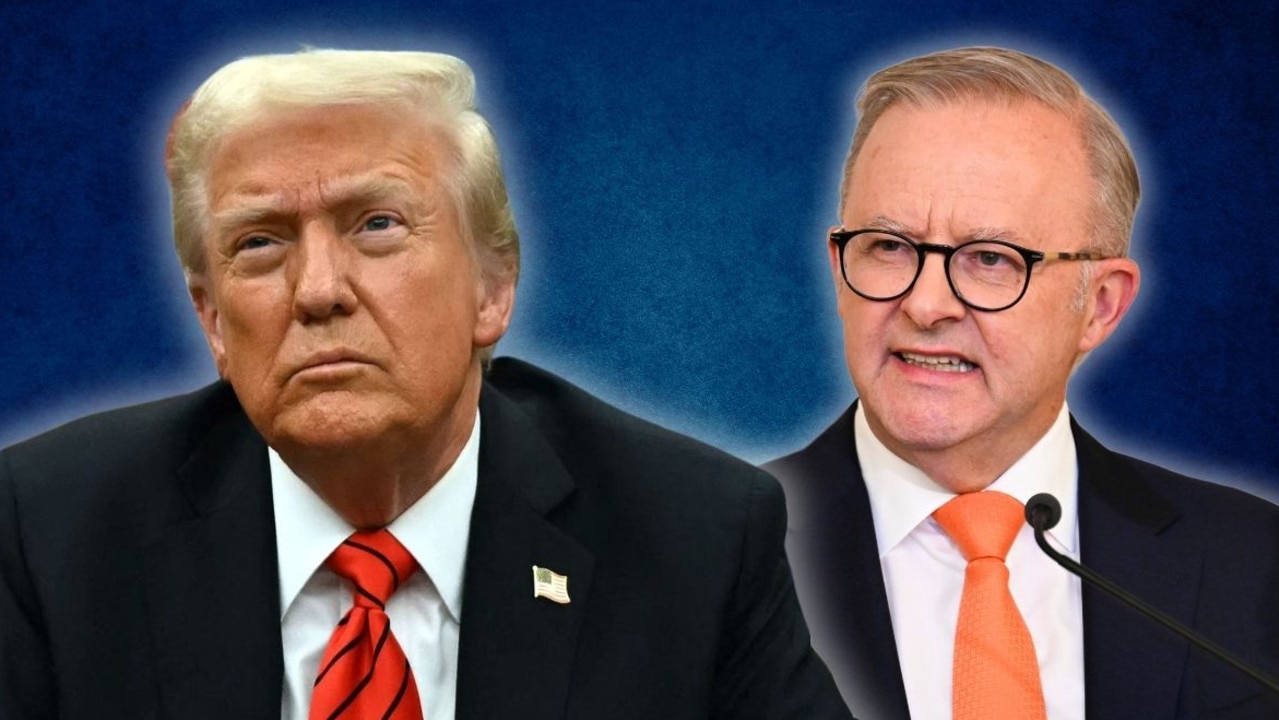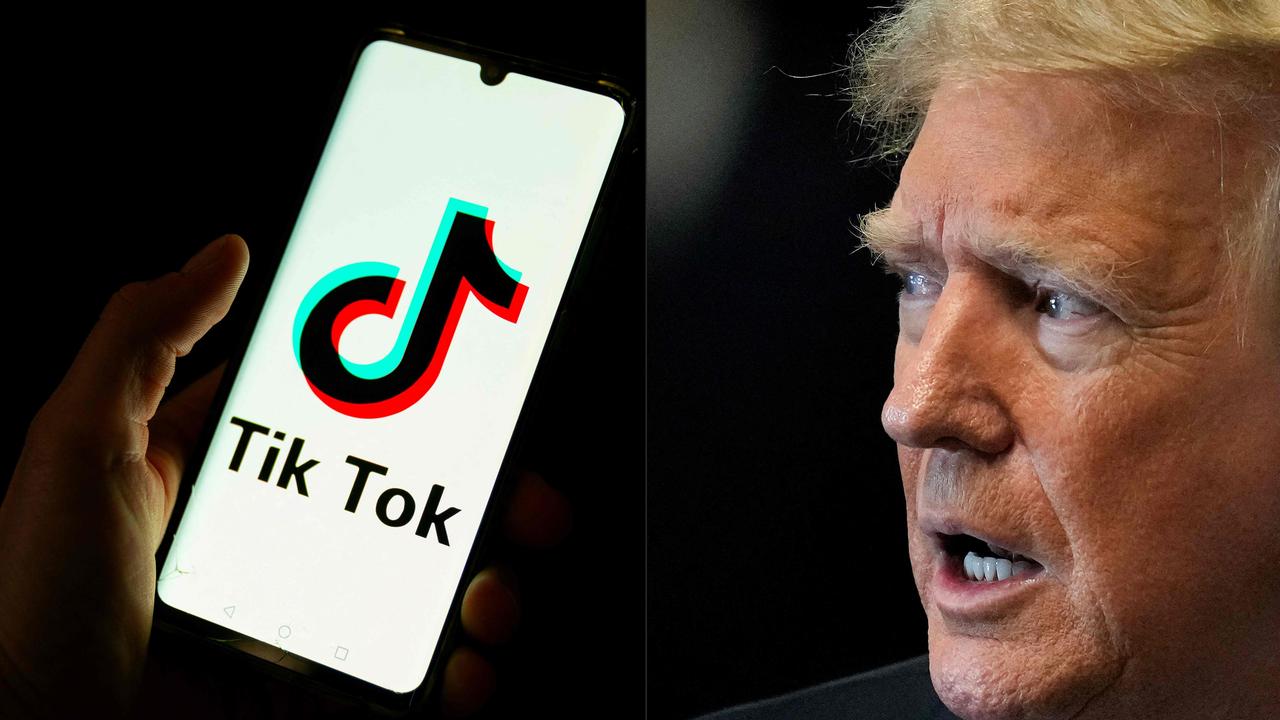Donald Trump, Kamala Harris are using influential podcasts to get closer to the White House
The path to the White House has long included some very public rites of passage. But this time it’s different for Donald Trump and Kamala Harris.
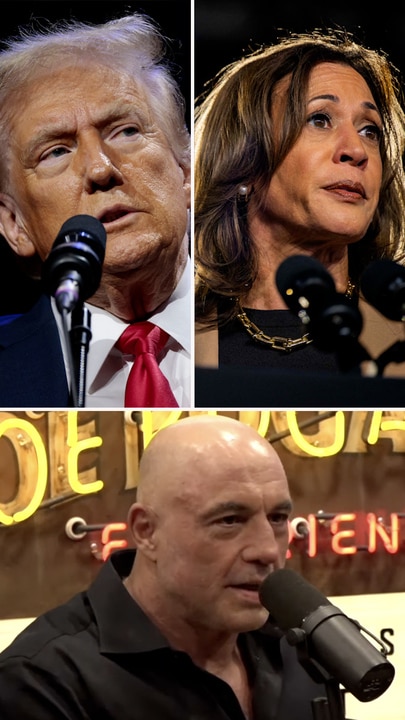
US Election
Don't miss out on the headlines from US Election. Followed categories will be added to My News.
The path to the White House has long included some very public rites of passage. Multiple televised debates, sit-down interviews with national newspapers, a grilling on 60 Minutes – this is how candidates have traditionally proven themselves to voters.
Not this year. Donald Trump talked to podcaster Joe Rogan for three hours but only went on the record with The New York Times to threaten to sue them. Kamala Harris has preferred to chew the fat with former professional athletes rather than national political reporters.
In a media landscape more fragmented than ever, both candidates have targeted specific groups of voters in their own ecosystems, rather than relying on the national spotlight.
This has led to some unusual twists, like the former president tapping his 18-year-old son Barron for advice and the Vice President appearing on a racy podcast about sex and relationships.
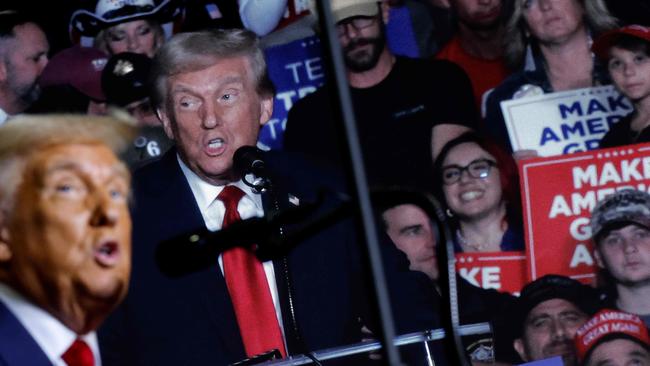
And it has left some traditional powerhouses struggling to come to grips with the new order. CNN ousted its CEO after hosting a Trump town hall. The Washington Post lost 250,000 subscribers when its owner, Amazon founder Jeff Bezos, declined to endorse a candidate.
And Mr Trump sued CBS for $US10bn over its editing of a rare TV interview with Ms Harris.
There are several ways to understand this transformation. For a start, trust in mainstream media is at a record low in the US.
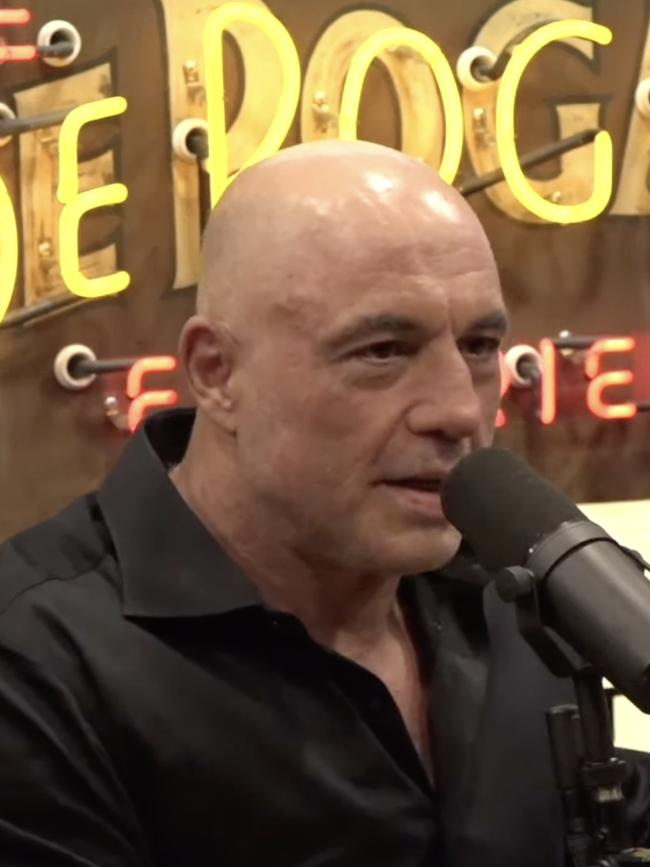
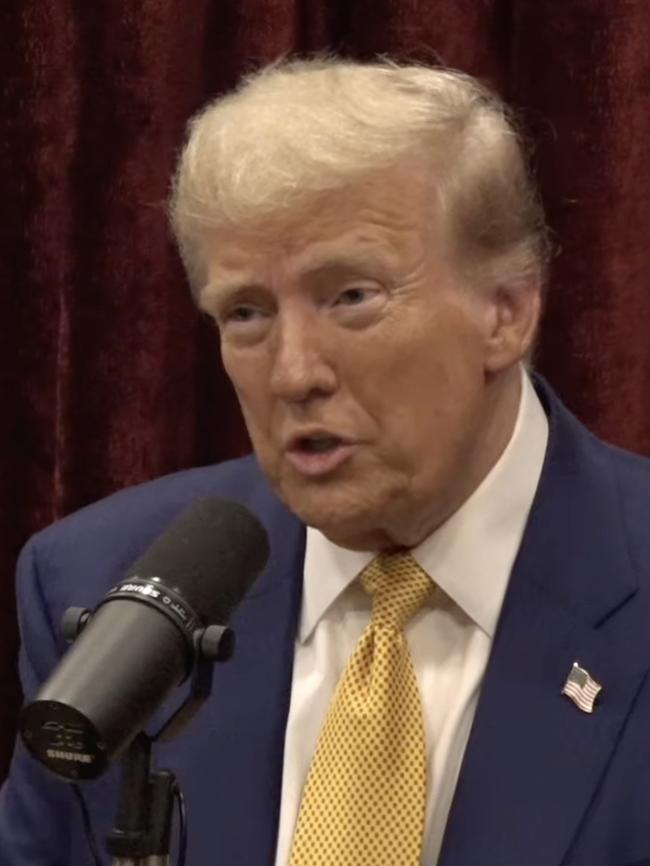
The cable TV networks, rather than reporting common facts, skew to ideological extremes that spark accusations of bias on both sides. And their audiences are ageing – the median MSNBC viewer is 70, 69 for Fox News and 67 for CNN.
The first debate – in which Joe Biden performed so poorly that he had to drop out of the race – was watched by 51 million Americans.
When Mr Trump went head-to-head with Ms Harris, 67 million tuned in. But as audiences shrink, such mass moments are few and far between.
Five days after Mr Trump appeared on The Joe Rogan Experience, America’s most popular podcast, more than 40 million people had seen their conversation.
Given four out of five listeners are men and a third are aged 18 to 35, it was the ideal way to reach the “bro vote”.
Mr Trump’s teenage son encouraged him to appear on other popular podcasts, with the Republican’s adviser Jason Miller telling Politico: “Every single recommendation he’s had has turned out to be absolute ratings gold.”
Ms Harris has employed a similar strategy, taking her from Call Her Daddy – Spotify’s second-biggest podcast beloved by young women – to the largest independent Spanish-language audio network, an entertainment outlet popular among young Black people, and a podcast hosted by two former NBA players.
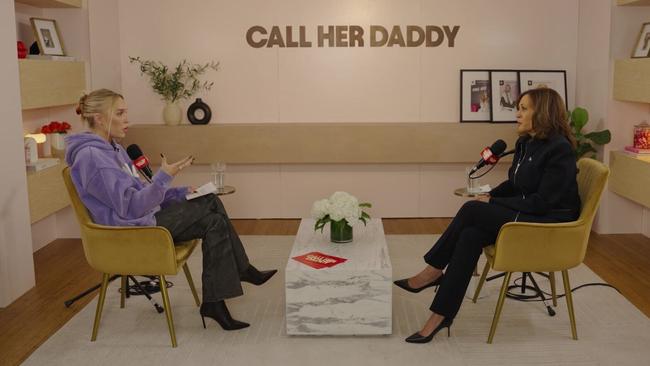
“You gotta fish where the fish are,” Hollywood executive and Harris campaign co-chair Jeffrey Katzenberg told Axios. Her team’s research shows two-thirds of undecided voters in battleground states have consumed at least one of her media appearances.
Both campaigns have been similarly nimble in blasting out their candidates’ best moments on social media. This has turned Mr Trump in particular – once one of America’s most popular TV stars when he hosted The Apprentice – into an online meme machine.
“What we’re doing better this time … is leveraging Trump as a person: the celebrity of Donald Trump,” his adviser Alex Bruesewitz told Semafor.
The irony of these shifting media sands is that Americans are now viewing their potential presidents in ever more unmediated ways. And without the rigour of journalism, Mr Trump and Ms Harris are increasingly seen as they want to be seen – not necessarily as they are.
More Coverage
Originally published as Donald Trump, Kamala Harris are using influential podcasts to get closer to the White House




